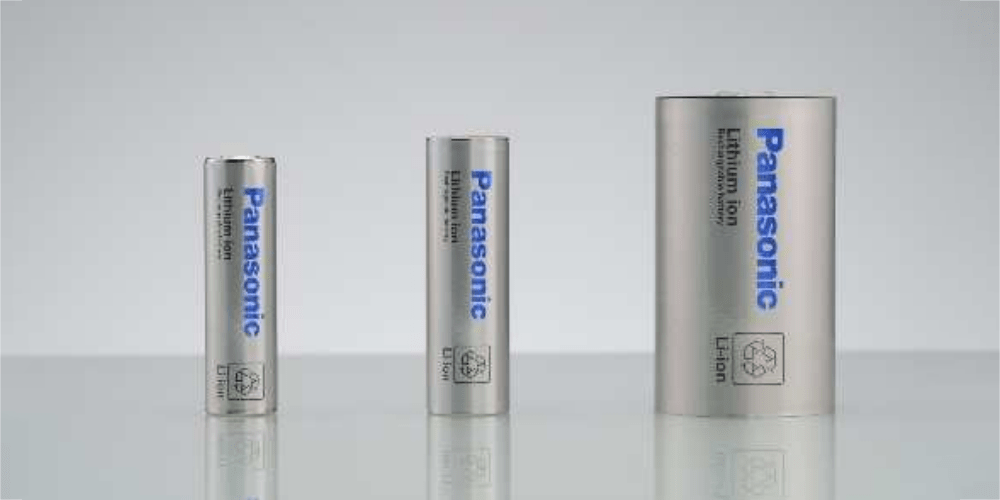Subaru to source cylindrical cells from Panasonic
The stated aim of the negotiations is for Panasonic to supply Subaru with cylindrical cells that the Japanese carmaker intends to use in its new BEVs from the second half of this decade. Subaru is reportedly aiming for annual sales of 200,000 BEVs by 2026 and wants to create production capacities for 400,000 BEVs per year by 2028. A new all-electric car factory in Gunma Prefecture, Japan, is also expected to contribute to this.
Since the production of the electric Subarus is not due to start until the second half of the decade and the talks are still at an early stage, the communications from both companies do not yet give any details about the cells themselves – apart from the fact that cylindrical cells are involved. The size of the cylindrical cells and the cell chemistry are not yet known. At present, it is only said that it will be “next-generation cylindrical lithium-ion car batteries”.
Currently, Subaru has only one purely electric model on the market with the Solterra electric SUV, however, the vehicle is based on Toyota’s eTNGA platform and is comparable to the Toyota bZ4X. In 2025, production of its own electric cars is to start on a mixed line with internal combustion engines, and in 2027 the pure electric car factory is to go into operation.
Subaru is not the first carmaker from Japan to use Panasonic cylindrical cells in future electric cars. In the case of Mazda, it was revealed in June that the carmaker was negotiating with Panasonic to supply cylindrical cells. The carmaker uses Panasonic’s prismatic battery cells in the electric MX-30.
Although Mazda and Subaru are smaller manufacturers globally, the trend towards battery cells with fixed housing (cylindrical cells or prismatic cells) is unmistakable. Tesla has always relied on cylindrical cells and later integrated prismatic cells for the LFP batteries. BMW is currently doing things the other way around: the Munich company uses prismatic cells but is adding cylindrical cells to its range for the New Class. VW is switching to a prismatic format with the standard cell, and prismatic and cylindrical cells will also be used in the Ultium platform from General Motors in future. And BYD, the leading manufacturer in China, also relies on a prismatic cell format with its Blade battery.
Update 19 March 2024
Subaru has signed a basic cooperative agreement with Panasonic to supply round cells for future electric cars. The two companies began talks in July 2023. However, details of the planned supply of Panasonic round cells to Subaru will only be announced at a later date, according to both companies.
“Through this agreement, both companies reaffirm their commitment to contributing jointly to the resolution of various societal challenges, such as achieving a carbon-neutral society, promoting sustainable growth within the automotive and battery sectors, supporting local employment, and developing human resources,” it says in the rather brief and general statement, published by both companies.
subaru-global.com, panasonic.com (PDF), subaru.co.jp, panasonic.com (both update)





0 Comments